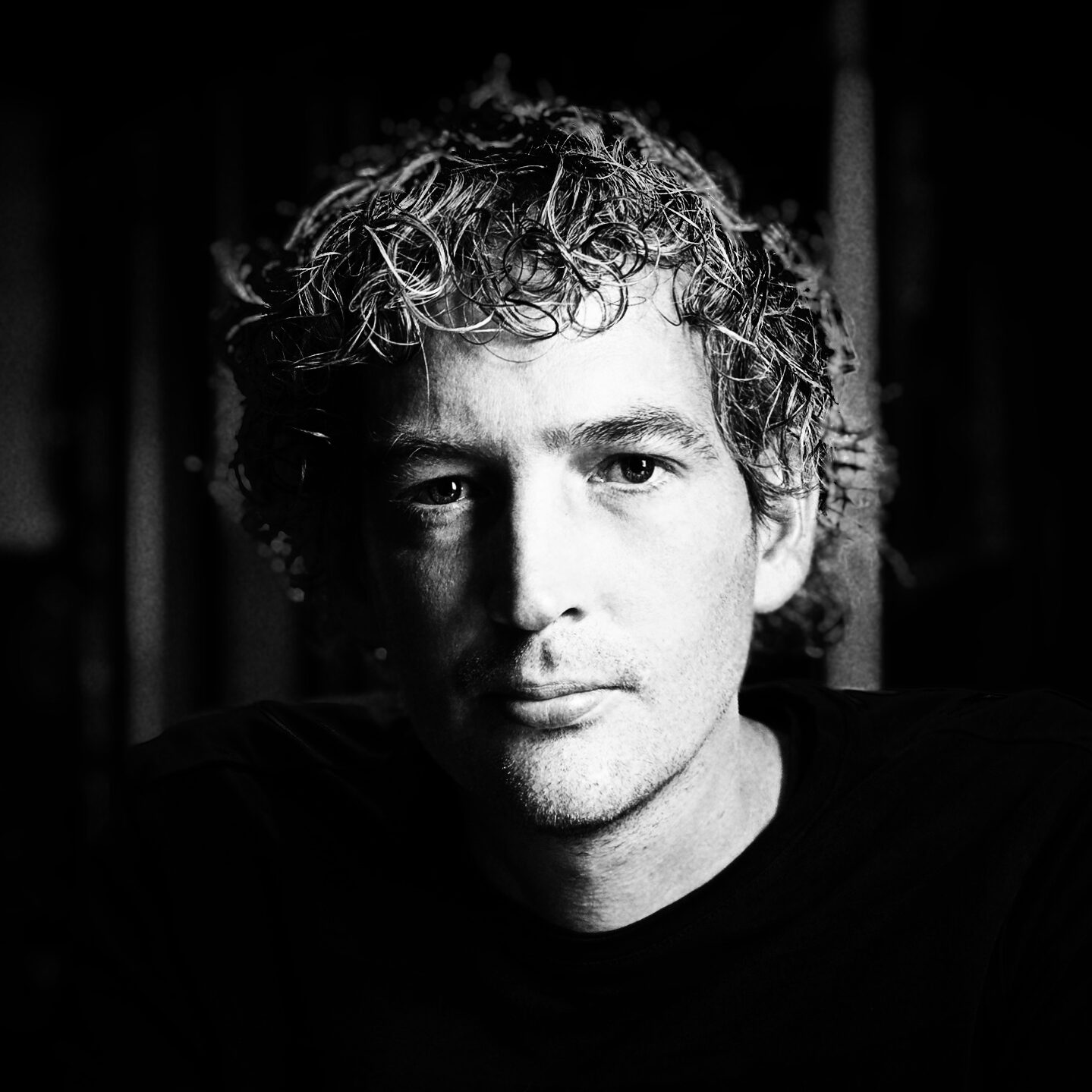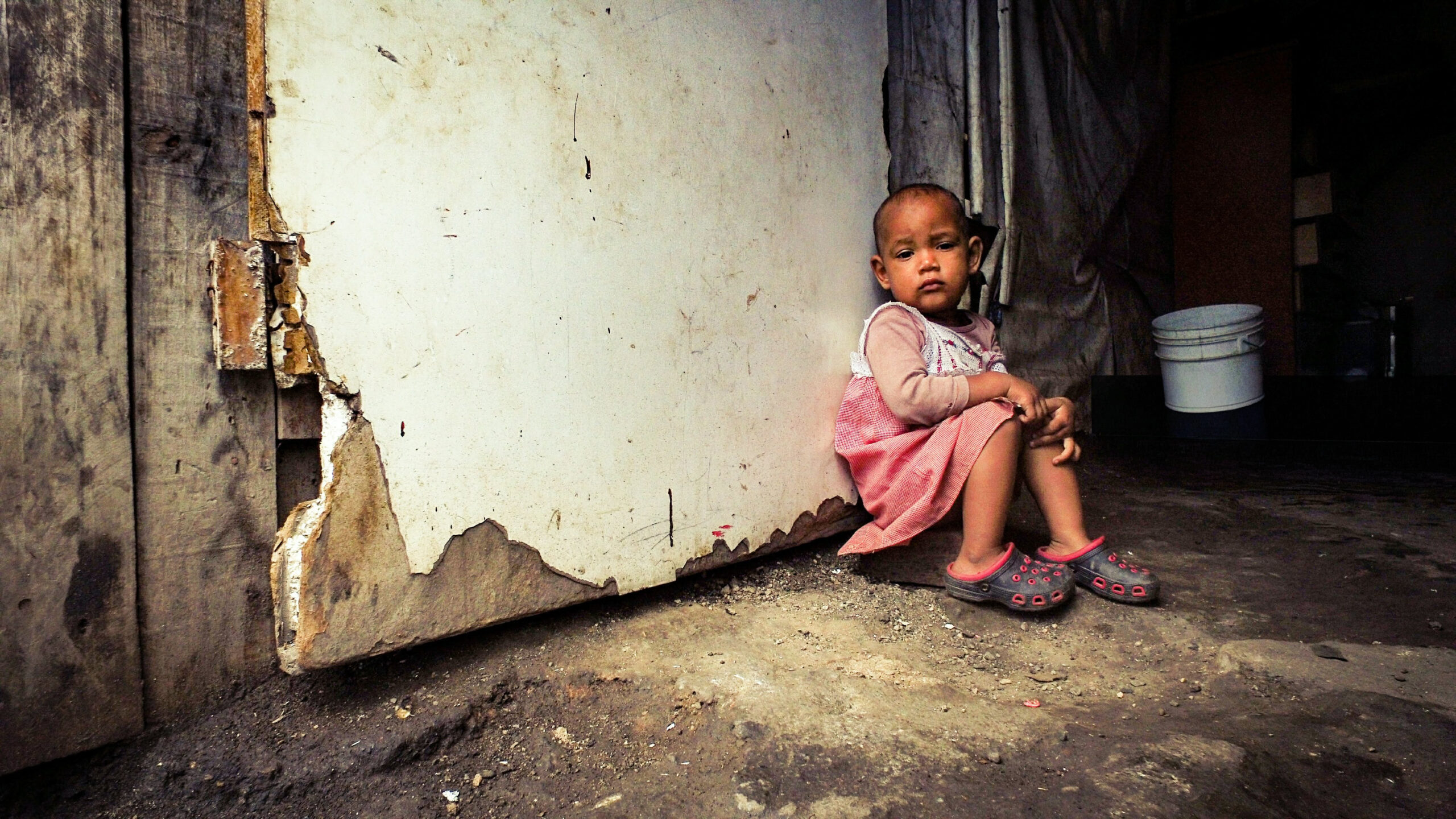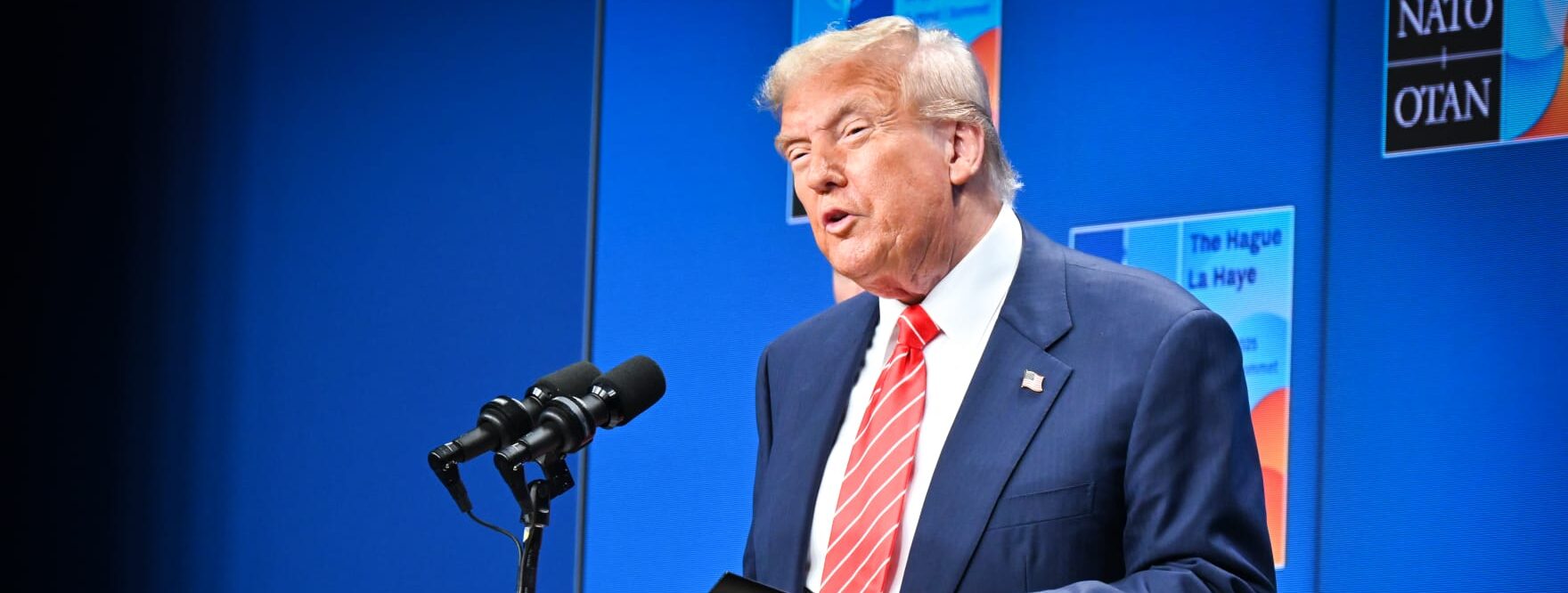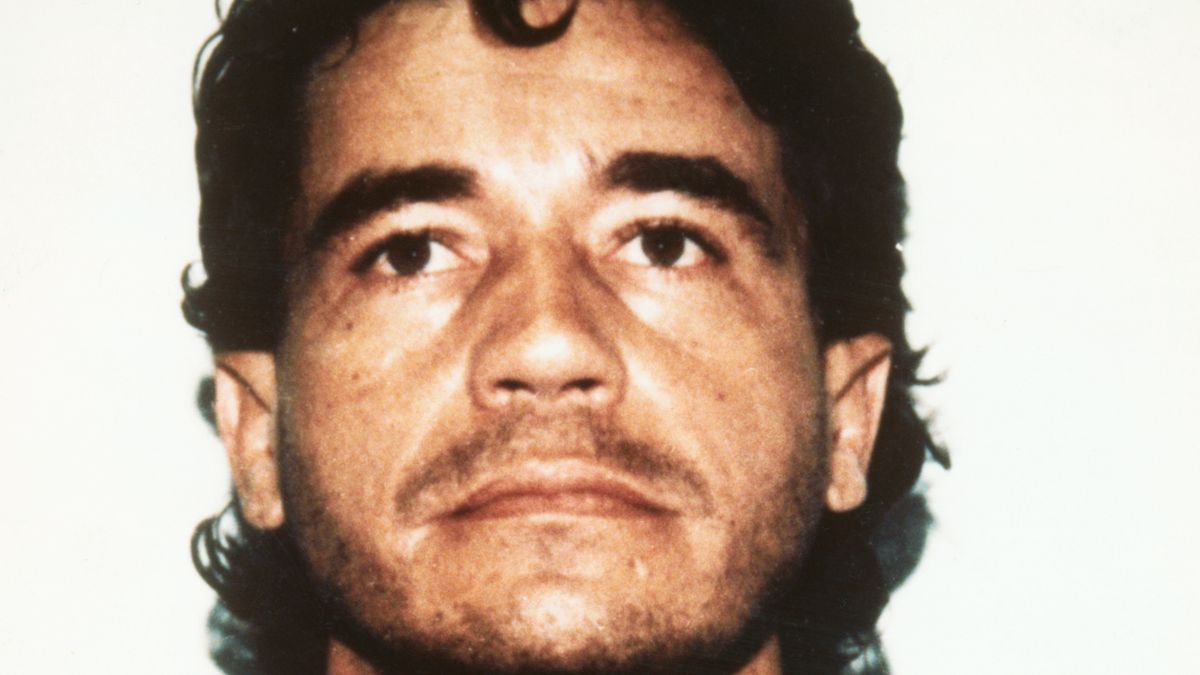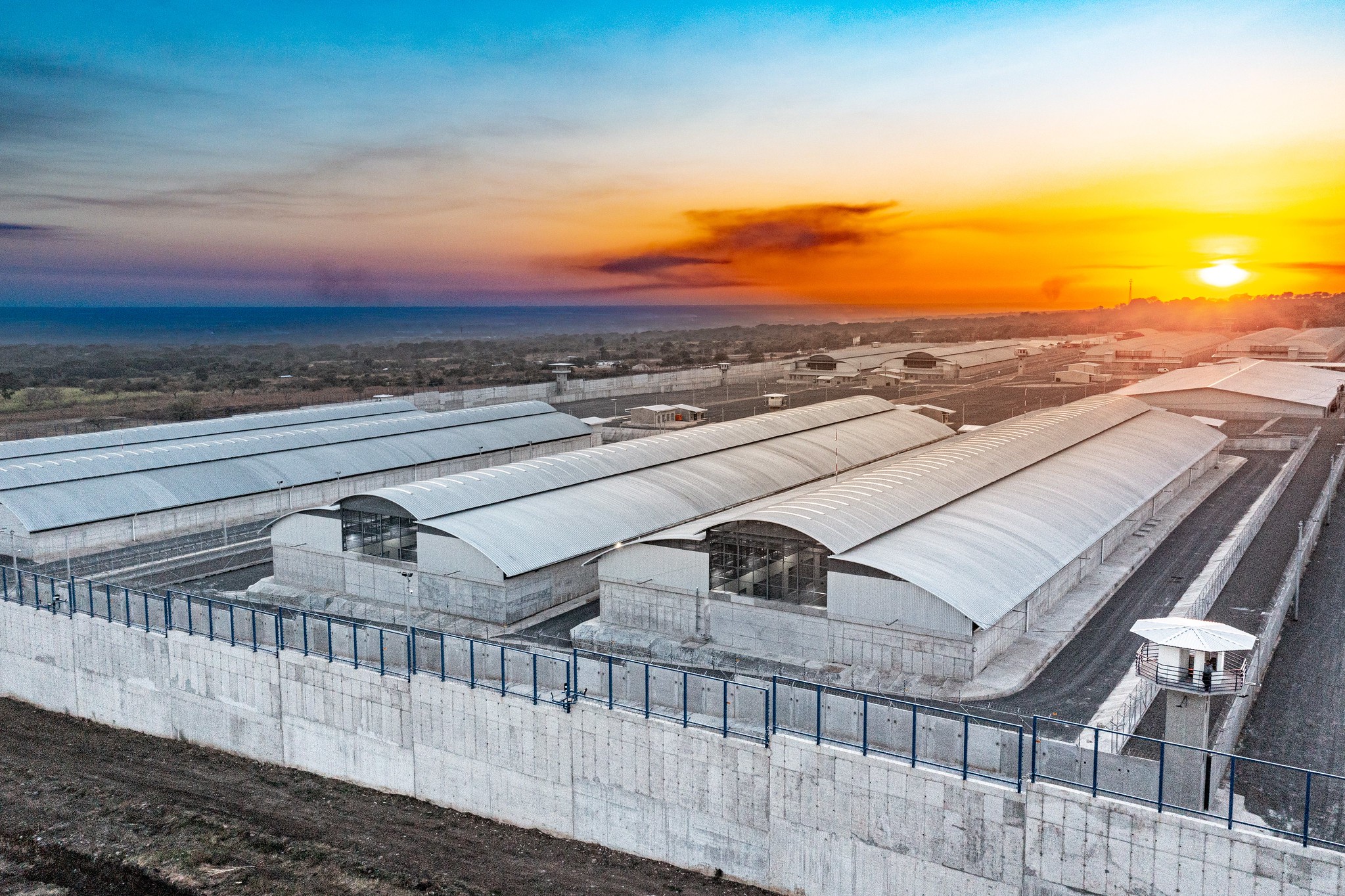The shortages in Venezuela are beginning to take on extreme proportions. Besides the shelves of stores getting emptier and emptier, the price of what is still there getting higher and higher, production is at a standstill in many areas due to a shortage of raw materials. A solution? It is not yet in sight.
The "No hay" or "None" sign is still displayed in front of the gas station as I drive past the long queue in front of it. They are lucky because a tanker truck has arrived with gasoline, but you will have to be patient for a few hours until you get through the queue. I guess they leave the "no hay" sign up for convenience because after today it could be some time before the next truck comes.
After an hour of driving on the pothole-filled road I run into the next traffic jam fortunately I can easily drive around it with my bike until I am stopped by the reason for the traffic jam. The road is blocked off with tree trunks and branches, behind the branches groups of young and old are protesting because they have not had water in their village for a long time, "no hay." When, after half an hour, the Guardia Nacional puts an end to the demonstration, I continue on my way.
On either side of the road, large hotels stand empty and dilapidated like small ghost towns. They show off like memorial stones that help remind you of the days of tourists who were once there but now avoid Venezuela or cannot enter the country due to a lack of planes. I doubt I shouldn't have filled up earlier today after all because so far I haven't come across any working gas stations. I stop at an alternative small family eatery on the side of the road, I don't ask for the menu because due to the shortage of products none of the eateries and restaurants handle a menu anymore. The meal of the day is chicken with rice and brown beans.
New cars and motorcycles have hardly been sold there for some time, and the price of used cars has tripled in few months, in some cases exceeding the original new price. The supply of parts is almost at a standstill and more and more cars are coming to a standstill on the side of the road because of that shortage. The lines for the increasingly rare battery sales spots are getting longer and longer.
Construction is at a standstill and where there is still construction it is harder and harder to get building materials, where you are lucky you pay the top price and for the normal man and woman this top price is prohibitive.
The minimum wage of a Venezuelan who does have a job is 4050 bolivar. With the official exchange rate this amounts to just under 400 euros per month, with the black market exchange rate where the euro is not worth 11 bolivars but 108 bolivars this amounts to 40 euros per month.
But with 4050 bolivars you have to make do. Recently the government raised the minimum wage by 30% however since then some prices have risen to as high as 300%.
When I walk into a supermarket I mostly see empty shelves or aisles full of shelves with the same products. Coffee, milk, water and oil I am not going to find here. For that I have to go on a scavenger hunt for a place without a "No Hay" sign and probably another long queue.

